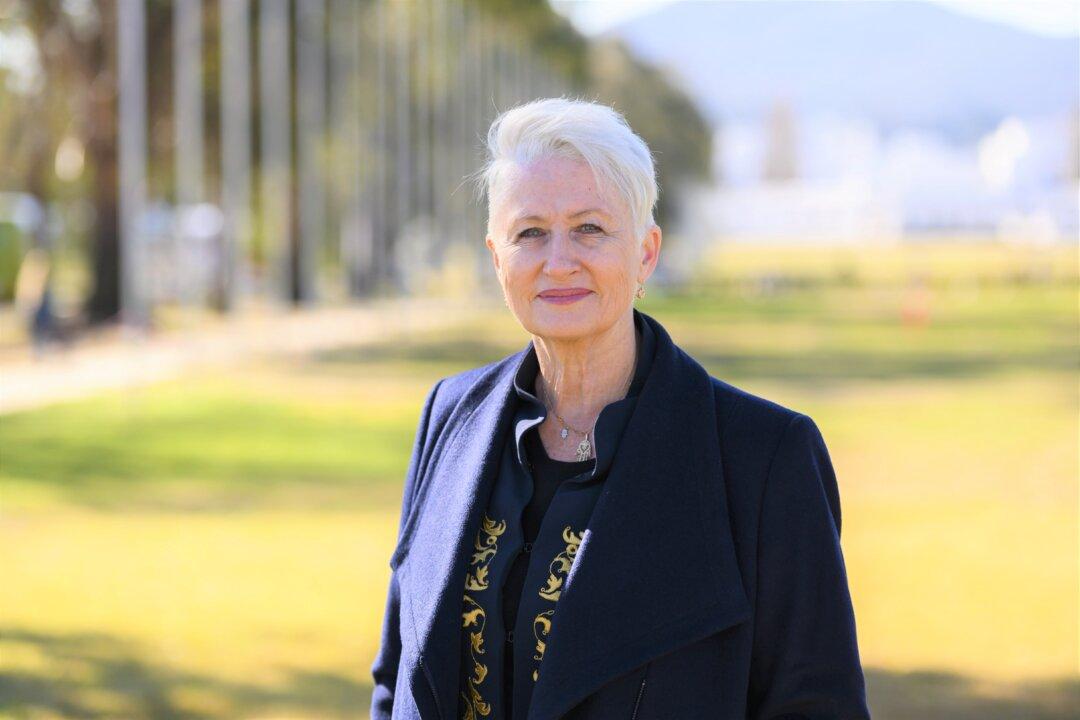The former president of the peak medical body, the Australian Medical Association, has come out to say that discussion around vaccine injuries is being “censored” despite data confirming COVID-19 vaccines can cause adverse reactions.
Dr. Kerryn Phelps says she recently suffered from a vaccine injury and that she faced “obstruction and resistance” to openly discuss the issue, according to a submission to the federal Parliament’s inquiry into Long COVID.
She said that while current COVID-19 vaccines may reduce the risk of developing Long COVID by an estimated 15 percent up to 41 percent, recent data shows the risk remains for most people after immunisation, with some adverse events going on to causing “long-term illness and disability.”
The doctor was a notable public figure over the course of the pandemic frequently providing public health advice.“Vaccine injury is a subject that few in the medical profession have wanted to talk about,” Phelps wrote.




